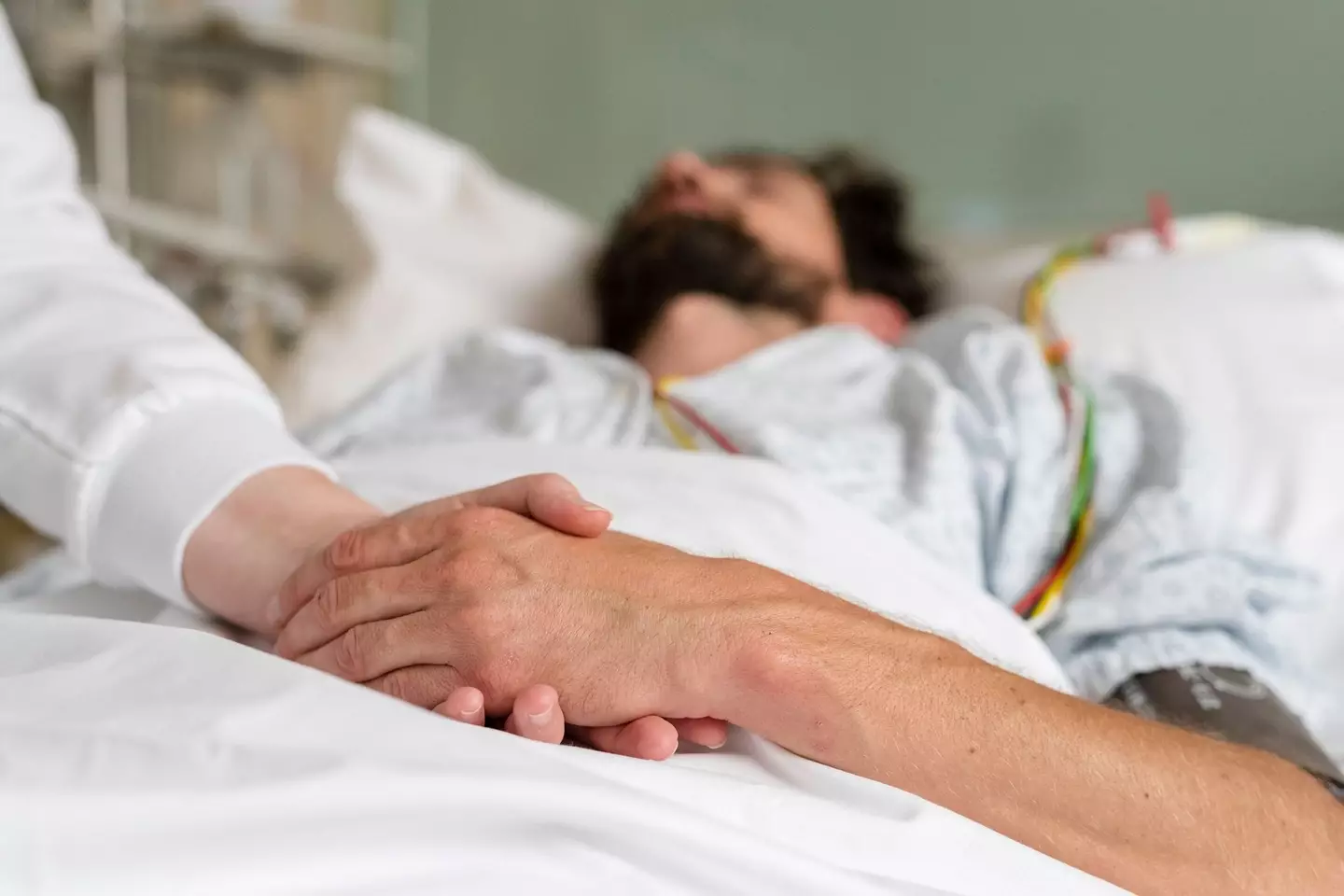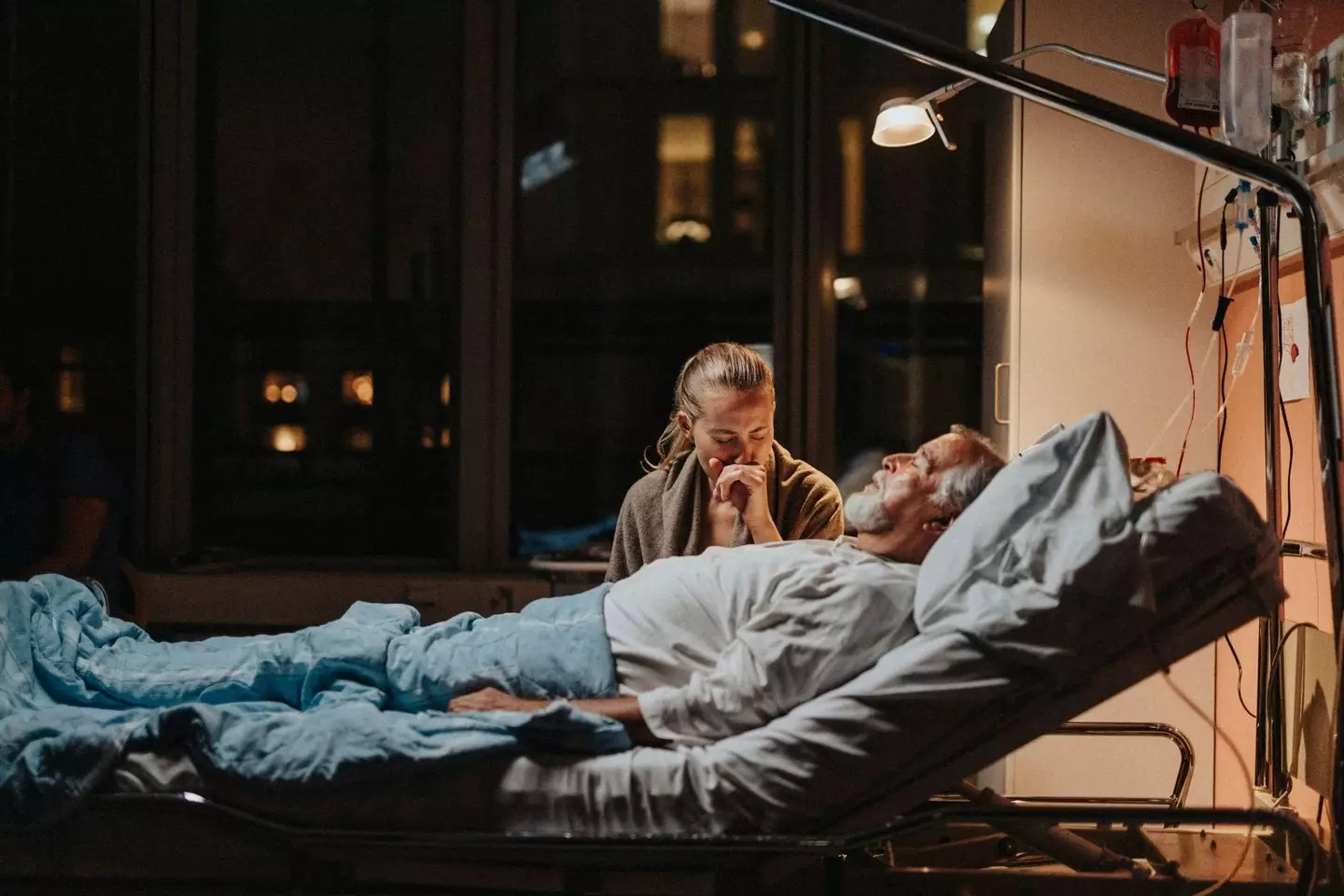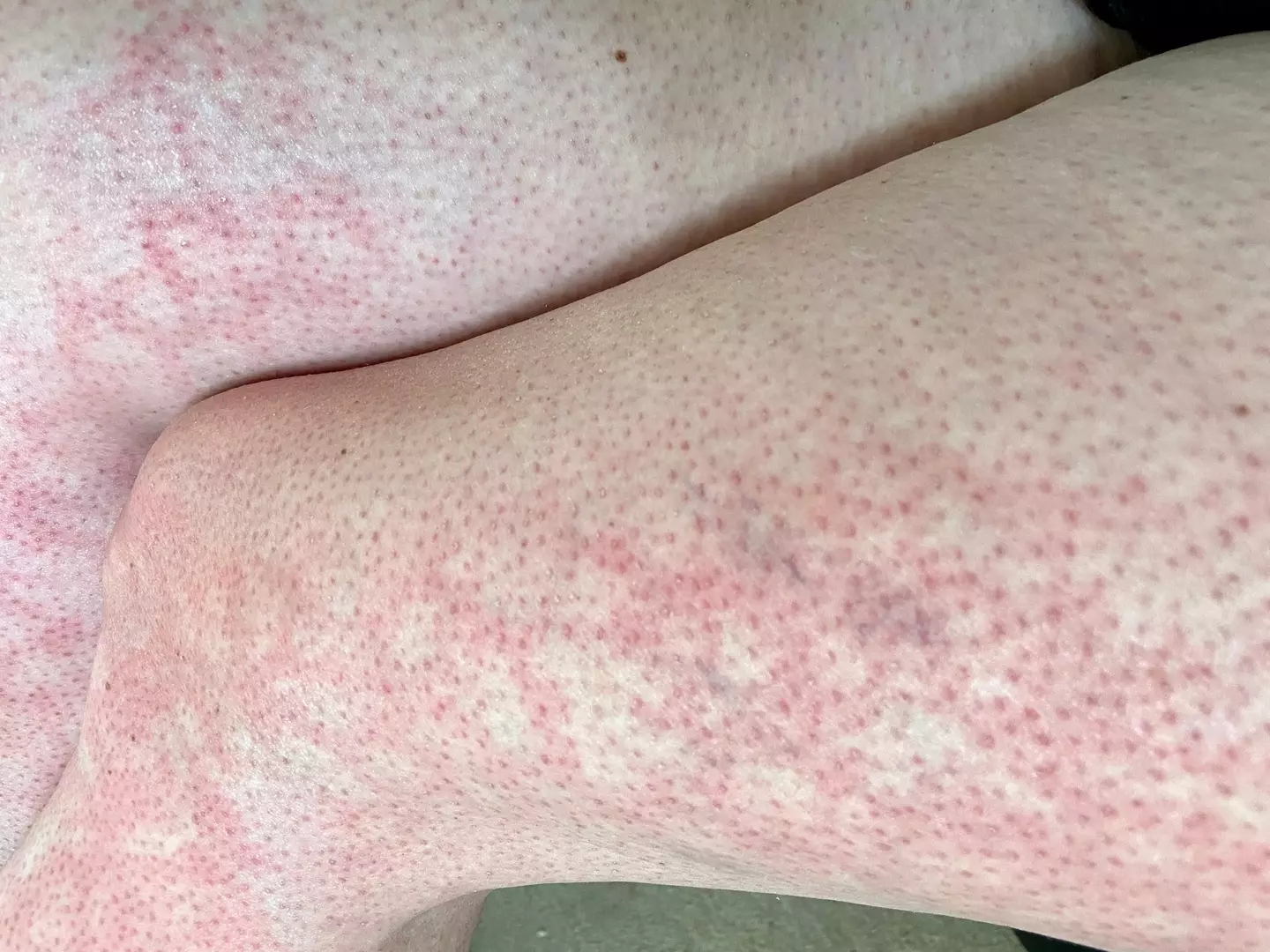.png)
Death is a topic that’s uncomfortable for many people, but knowing the signs of death can actually help a lot of people overcome their anxiety about it.
For instance, knowing the signs of what will happen to your mind and body in the week leading up to death can be vital information, especially if you’re noticing those symptoms in a loved one.
In the lead-up to death, a person begins to display some not-so-obvious signs of the death process that could be brushed off as common ailments.
However, these should be taken as a serious sign that death might just be around the corner.
Advert
According to the end-of-life charity Marie Curie, the final moments of someone you love can be upsetting, but there are common things that everyone should know.

Sleeping more
People who are close to death may sleep for long periods of time, or lose consciousness.
Advert
This might seem as though they are in a deep sleep, from which you cannot wake them, but they could have the capacity to hear your voice or even feel your touch against their skin.
This happens because your body's metabolism falls as you near death, and without that supply of energy, you’ll be increasingly fatigued.
Noisy breathing
According to the NHS, your breathing can take on a rattle or a certain noise that wasn’t there before, due to a saliva or mucous build up.
Advert
This fluid can settle in your chest or throat, causing the air to struggle to pass by and create a noise.

Slow breathing
Some people may experience slow or paused breathing, known as Cheyne-Stokes breathing.
Advert
Crossroads Hospice explains that this ‘is an abnormal pattern of breathing commonly seen as patients approach death’.
Its website states: “Patients who experience Cheyne-Stokes breathing will take several breaths followed by a long pause before regular breathing resumes. These cycles of breathing will become increasingly deeper and can be difficult for family members as they wait for the final breath to come.”
Cold areas of the body
The NHS describes one symptom that someone is approaching death is that their hands, feet, arms and legs may feel colder to the touch.
Advert
The service explained that even their ears and noses might get cold due to the reduced circulation happening in their body.
Thankfully, the NHS confirmed that it isn’t usually uncomfortable or painful for the person.

A change in skin colour
Some people may take on a blue hue when they are nearing death.
For those with darker skin tones, it might be easier to see this tint on the nose, lips, cheeks, ears and tongue.
Turning blue occurs when the body’s circulation slows.
Mottled skin
Mottled skin can look like different coloured blotches or patches which can be blue, red, purple or brownish in colour.
The Hospice explained that mottling frequently occurs first on the feet, before traveling up the legs and to the rest of the body.
Mottling of skin typically occurs during the final week of life, and is caused by the heart no longer being able to pump blood effectively.
When this happens, a person’s blood pressure drops, which then cools down body parts and discolours the skin.
